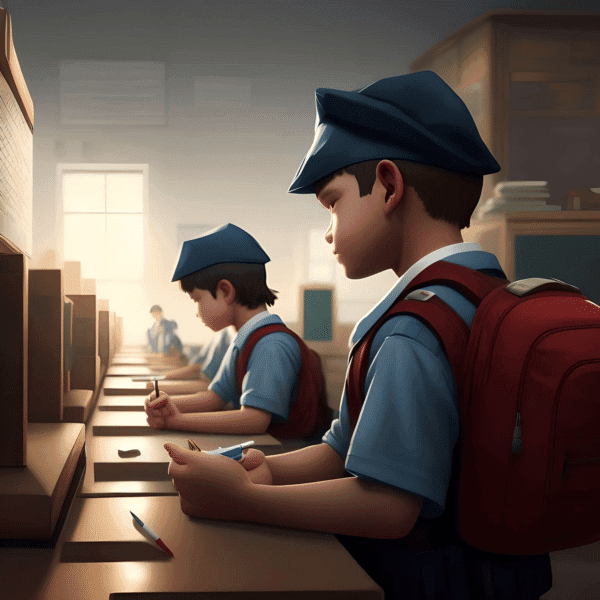Introduction
In recent years, the integration of technology in education has transformed the way students learn and interact with the world. While technology offers numerous benefits, it also comes with its own set of challenges. The US school system has found itself in a legal battle against social media giants like TikTok, Meta (formerly known as Facebook), and Google. This blog explores the reasons behind these lawsuits and the concerns raised by educators and parents regarding the impact of these platforms on students’ well-being and education.
1. TikTok: Privacy and Distraction
TikTok, the popular short-form video-sharing platform, has attracted millions of users worldwide, including a significant number of students. The US school system’s concerns primarily revolve around two main issues: privacy and distraction. TikTok has faced criticism for its data collection practices, raising concerns about the privacy and security of student information. Educational institutions worry about potential breaches and unauthorized access to sensitive data.
Furthermore, the addictive nature of TikTok poses a significant distraction to students. The app’s algorithm is designed to keep users engaged for extended periods, often at the expense of their academic responsibilities. The US school system contends that this diversion hinders students’ ability to focus on their studies and negatively impacts their academic performance.
2. Meta (formerly Facebook): Mental Health and Online Bullying
Meta, the parent company of Facebook, has faced numerous controversies related to its social media platforms. The US school system’s concerns about Meta primarily center around the issues of mental health and online bullying. Research has indicated a correlation between excessive social media use and negative mental health outcomes in adolescents. The constant comparison, cyberbullying, and unrealistic standards portrayed on platforms like Facebook can contribute to increased anxiety, depression, and low self-esteem among students.
Additionally, the anonymity provided by social media platforms enables cyberbullying, which has become a prevalent issue in schools. Educational institutions argue that Meta has not done enough to address this problem, leading to severe consequences for students’ well-being, both in and outside the classroom.
3. Google: Data Privacy and Academic Integrity
Google, with its suite of educational tools and services, has become an integral part of the US school system. However, concerns about data privacy and academic integrity have led to legal action against the tech giant. Educational institutions worry about the extent of data collected by Google, including students’ personal information and browsing habits. The lack of transparency and control over this data raises significant privacy concerns for schools and parents.
Furthermore, Google’s search engine and online platforms like Google Docs have raised concerns about academic integrity. With easy access to information, students face temptations to plagiarize and cheat on assignments. The US school system argues that Google needs to take more responsibility in promoting academic honesty and developing tools that combat cheating effectively.
Legal Action and Potential Impacts
The lawsuits filed by the US school system against TikTok, Meta, and Google are attempts to address the aforementioned concerns and hold these tech giants accountable for their impact on students. The potential impacts of these legal actions are multifold:
Conclusion
The lawsuits filed by the US school system against TikTok, Meta (Facebook), and Google highlight the growing concerns about the impact of these platforms on students’ well-being, privacy, and academic performance. With technology playing an increasingly significant role in education, it is crucial to address these concerns to ensure a safe and productive learning environment for students. The legal actions taken against these social media giants aim to establish industry standards, promote data privacy, address mental health issues, combat cyberbullying, and encourage academic integrity. As the legal battles unfold, it remains to be seen how these tech giants will respond and adapt to the evolving needs of the US school system and the students it serves.
